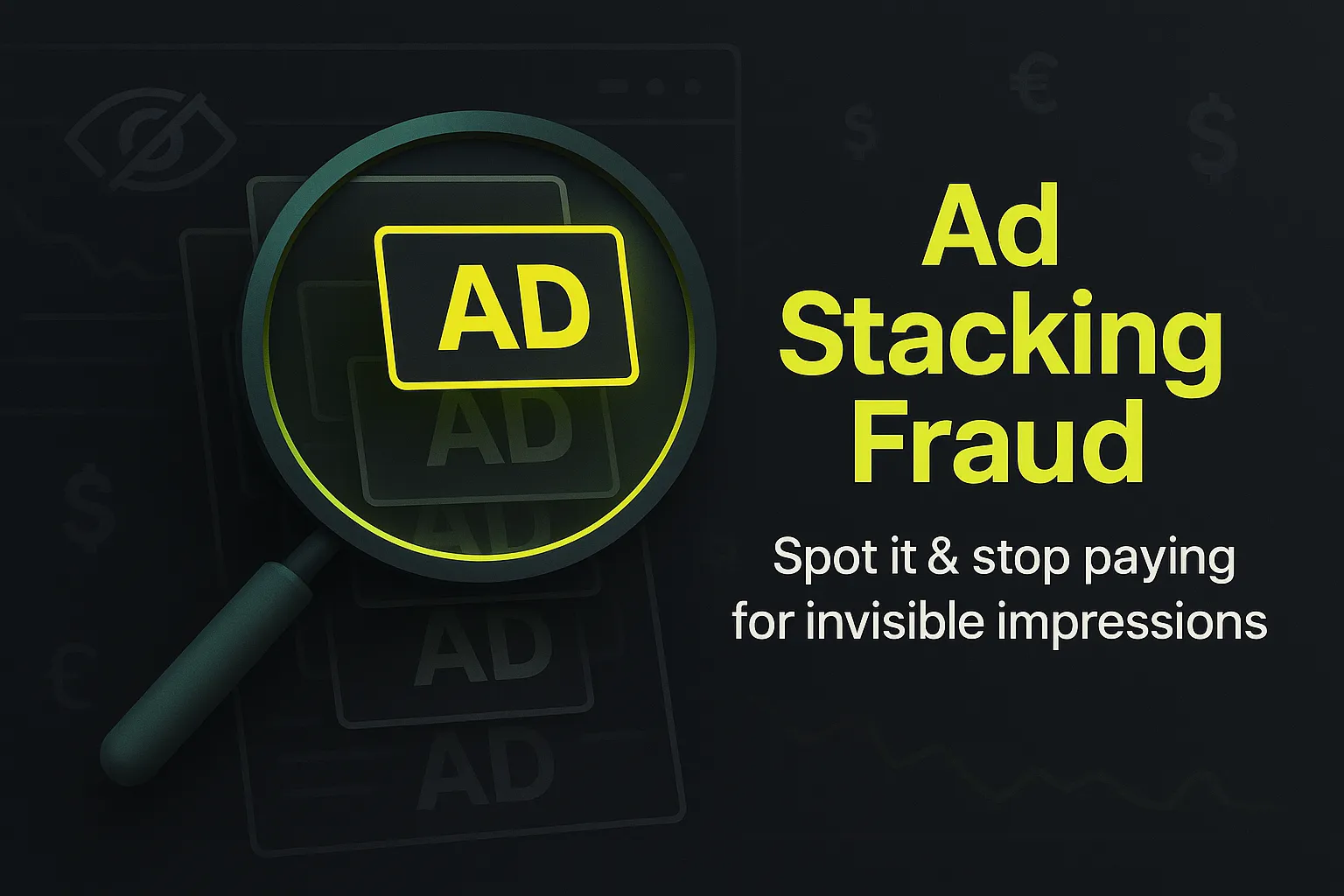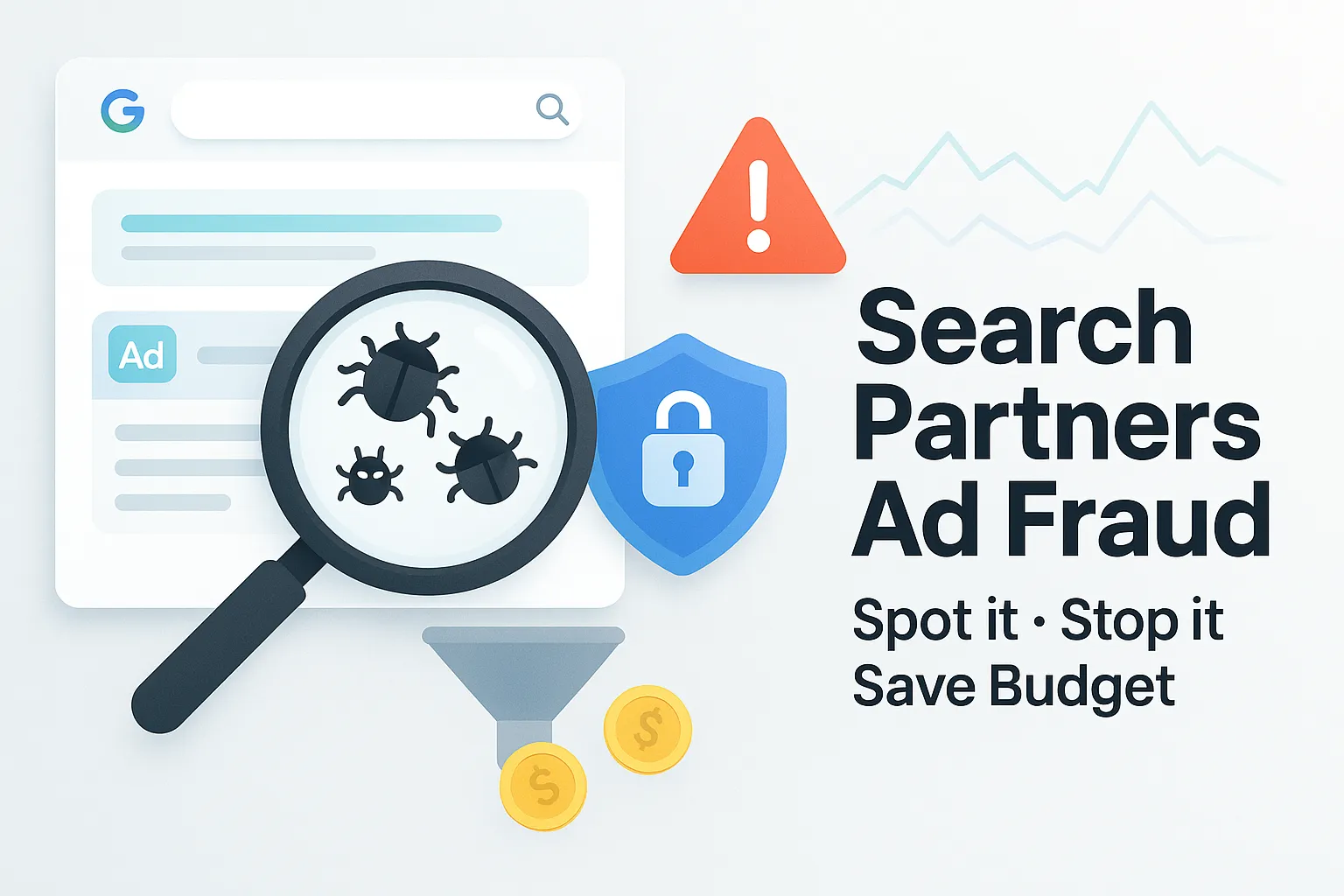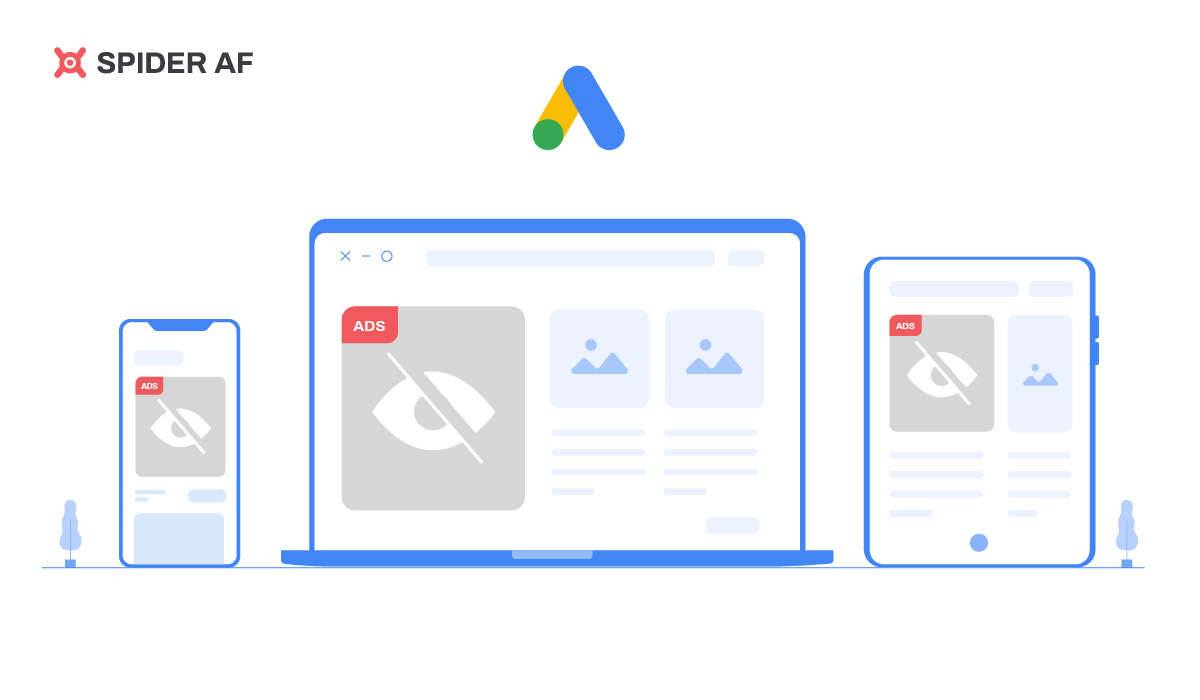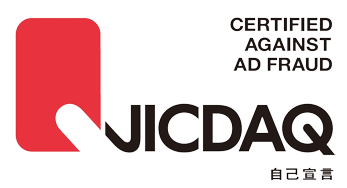8 Common Google Ads Mistakes to Avoid

Google Ads is one of the most popular advertising channels and has been one of the most valuable to advertisers since the product was launched in the early '00s. Today, most businesses selling products or services online still rely on Google as their primary paid marketing channel. Not all brands make the most of Google Ads, however.
While plenty of businesses out there are making a killing by promoting their products through Google Ads, countless others are earning minimal to no profit from it.
In this article, we will cover the common Google Ads mistakes the latter category often makes — on the keyword, ad group, targeting, and other campaign management levels. Additionally, we will outline ways to avoid and correct these mistakes.
1. Not adding negative keywords
No matter how careful one gets, reaching irrelevant keywords in Google ad campaigns is almost inevitable. In many cases, the cost of allowing these unwanted keywords in the ad campaign can be so high that companies simply cannot afford it. Those keywords lower the quality score, causing campaign targets to fall short of what was intended.
Advertisers can avoid this by adding negative keywords to their ad campaigns. This effort would help ensure that your ad budget is spent reaching the targeted audience and that only the most relevant searches trigger your ad campaign.
2. Neglecting to conduct thorough A/B testing
There are a lot of options when setting up Google's ad campaigns, from deciding on a bidding strategy, ad formats, targeting, ad copy, and landing page, among others. Many advertisers simply stick with what they believe will yield results. Although it might work, they risk missing out on potentially better ad performance if they had chosen another option.
Some advertisers may test one variable — the landing page, or the ad copy, for instance — and ignore the rest. Still, experimenting across different options in your Google ad will help you better understand what the market responds to before making any substantial commitment.
3. Incorrect geo-targeting
Geo-targeting is the most optimal targeting option for marketers aiming to create ads that reach people around a defined location. An honest misstep in geo-targeting, which is easier to make than one might think, can render an entire campaign ineffective.
When you set Paris as your location for geo-targeting, you can either reach:
- people in, regularly in, or who've shown interest in, Paris
- people in or regularly in Paris
- people searching for Paris
Each of these options is different from the next. What you select will greatly affect who sees your ads, depending on when they are in Paris and their relationship with the city. Even within the same region, businesses should target different groups based on what they are promoting. Their campaigns might fail otherwise.
» Learn more: How to Stop Traffic or Clicks Outside of Your Geo-Targeted Locations
4. Misconfiguring conversion actions
Conversion tracking helps businesses to see how the clicks on their ads materialize into customer activities like sign-ups, purchases, and other transactional data. It is problematic, however, when conversion tracking is set up for a site, but not configured properly.
For example, some advertisers will set up conversion actions for metrics they can already find on Google Analytics — pageviews, for instance. Consequently, their conversion tracking would treat each pageview on the site as a successful conversion.
That wouldn't really tell the advertiser much about the success of their ad campaign. It would likely report a high conversion rate, regardless of whether the ad led to a sale. Unless you're running a brand awareness campaign, you should strive toward establishing conversion actions for metrics that'll give you a clearer picture of the effectiveness of your ads — not pageviews.
5. Combining search with display campaigns
Google allows advertisers to concurrently run ads on the search and display networks for the same campaign. But that isn't always such a good idea.
While the incentive of reaching a broader audience might appeal to some advertisers, it is worth noting that the two models are, for the most part, incompatible. Unlike search ads, which are usually meant for users searching for the targeted keywords in their queries, display ads have a longer sales cycle.
For campaigns such as lead generation or those that target local audiences, consider running search ads; leave display ads for brand awareness.
6. Not utilizing ad extensions
Google Ad extensions are the holy grail of PPC search campaigns. They are the snippets of information that appear below a search ad. They include elements like the links to other pages on a site — besides the primary link in the ad — the location of the store on Google Maps, phone numbers, etc. Google Ad extensions empower advertisers to give users more reasons to click.
In your ads, you can add various extensions: promotion extensions show time-limited offers; price extensions list products with relevant price qualifiers; lead form extensions allow users to fill out a form directly on the ad; etc. And although not all extensions you add would necessarily be displayed — that decision ultimately lies with Google — adding extensions to your search ads can have a profound effect on how your Google ad campaign performs.
7. Poor keyword strategizing
Google ads have "broad match" as the default keyword match type. Some businesses might want to cast a wide net and go with these broad match modifiers, but while these keywords are slightly cheaper, they have an extremely low conversion rate.
Other keyword match types may be a bit more expensive than broad-match, yet they are much more specific and likely to drive more conversions. For this reason, taking time to develop your keyword strategy is paramount.
8. Reacting to fresh data
An effective Google ad campaign can take 2-4 weeks to gain momentum. Additionally, any changes you make to your ads might need a few hours before they are truly implemented. This isn't to say there won't be any sign that a particular ad group isn't working, just that it takes time to see desired results.
In contrast to this, some advertisers employ the set-and-forget mindset, hardly ever evaluating their campaign analytics. The ideal approach is to balance these two stances.
Conclusion
There is a lot of nuance to Google Ads, and you should always evaluate your ads in the context of your company's objectives. In some cases, you may have valid reasons to ignore what we have outlined here. Other times, factors like ad fraud will leave your ads performing poorly despite any tweaks you'll make — in which case you should install anti-ad fraud tools.
In the end, pay attention to how your target audience is interacting with your ads. This should guide how you optimize your campaign, which will help you maximize your returns.
Frequently Asked Questions about Google Ads Mistakes to Avoid
How can I prevent irrelevant search terms from wasting my ad spend in my Google Ads account?
To prevent wasted ad spend on irrelevant search terms, you should incorporate negative keywords into your Google Ads campaigns. By doing this, you ensure that your advertising budget is utilized more efficiently by displaying your ads to a more targeted audience, thus improving the chances of reaching your business goals.
Why is A/B testing important for responsive search ads in a Google Ads account?
A/B testing is crucial because it allows you to compare different elements of your responsive search ads at an ad group level to see what works best. This could involve testing different landing pages, ad copy, or even broad match keywords against exact match keywords. Such testing helps in optimizing the ad's performance, ensuring that your advertising budget is not spent on underperforming ads.
What is a common mistake in Google Ads when it comes to geo-targeting within targeted locations?
A common mistake in Google Ads related to geo-targeting involves misconfiguring location options. Advertisers might inadvertently target people interested in a location rather than those physically present there. To avoid this, be precise with your location settings and understand the different location options offered in the sneaky expansion menu.
How does combining search partners and display networks impact Google Ads campaigns?
Combining search partners and display networks in the same Google Ads campaigns is often not advisable as they cater to different user intents and stages in the sales funnel. Search campaign ads are meant for immediate solutions to user search queries, whereas display ads work better for long-term brand awareness efforts.
What are the benefits of using ad extensions in my Google Ads account?
Ad extensions can significantly enhance your search campaign by providing additional information and interactive elements, like contact details or links to various landing pages. They enrich your created ads, offering potential customers more pathways to interact with your ad, potentially increasing click-through rates and conversions.
Why should advertisers be cautious with broad match keywords in Google Ads campaigns?
While broad match keywords can increase the reach of your campaign, they often bring in a lot of irrelevant traffic, leading to irrelevant clicks and wasted ad spend. It's usually more effective to use exact match keywords or phrase match options, as they help attract more qualified leads.
How long should I wait before making changes to a new search campaign in my Google Ads account?
It's recommended to wait at least 2-4 weeks to see the true performance of a new search campaign. This gives the campaign time to gain momentum and for the smart bidding algorithms to adjust. Making changes too soon can disrupt this process and may not give you a clear picture of your campaign's potential.
Can I manage my own campaigns in Google Ads without professional help, and what are the risks?
Yes, you can manage your own campaigns, but there's a risk of making common mistakes in Google Ads, like giving too much control to Google's smart bidding strategies or not utilizing manual bidding when it makes sense. It's important to learn about best practices and continuously optimize your campaigns to align with your business goals.























